Environmental Laws and Propane Companies
Environmental legislation profoundly affects the operations and strategies of propane businesses. Read on as we explore how these laws influence the industry, highlighting key impact areas. Compliance Costs Environmental laws often require propane companies to invest in new technologies or processes to reduce their emissions and environmental impact. While these changes can be costly, they… Continue reading Environmental Laws and Propane Companies
Environmental legislation profoundly affects the operations and strategies of propane businesses. Read on as we explore how these laws influence the industry, highlighting key impact areas.
Compliance Costs
Environmental laws often require propane companies to invest in new technologies or processes to reduce their emissions and environmental impact. While these changes can be costly, they are necessary to meet legal standards and can lead to long-term benefits, including operational efficiencies and improved public perception.
Market Opportunities
Stricter environmental regulations can create new market opportunities for propane businesses. As a cleaner alternative to other fossil fuels, propane can gain market share in a regulatory environment focused on reducing carbon emissions.
Operational Changes
Propane companies may need to adjust their operations to comply with environmental legislation. This could include changing extraction methods, modifying distribution practices, or adopting new technologies to reduce environmental impact.
Risk Management
Environmental laws introduce new risks that businesses must manage. This includes the risk of non-compliance and the potential for increased operational costs. Proactive engagement with legislation and regulatory bodies can help manage these risks effectively.
Investor Relations
Investors increasingly focus on environmental, social, and governance (ESG) criteria. Propane businesses that proactively address the challenges and opportunities presented by ecological legislation can attract stronger investment and thereby improve their market valuation.
Public Relations
How a company responds to environmental legislation can significantly impact its brand and public relations. Companies that lead in environmental compliance can enhance their reputation, while those that lag may face public backlash.
Navigating the Challenges
Environmental legislation significantly impacts propane businesses, affecting compliance costs, market opportunities, operational processes, risk management, investor relations, and public image. Navigating these challenges successfully requires strategic planning, investment in sustainable practices, and a proactive approach to regulatory compliance.

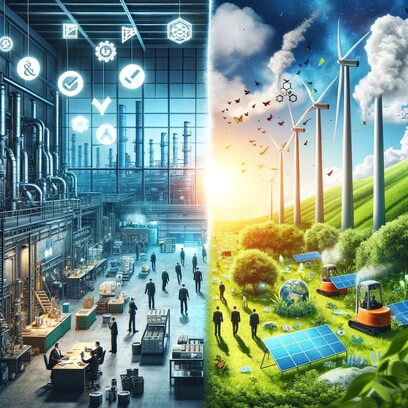
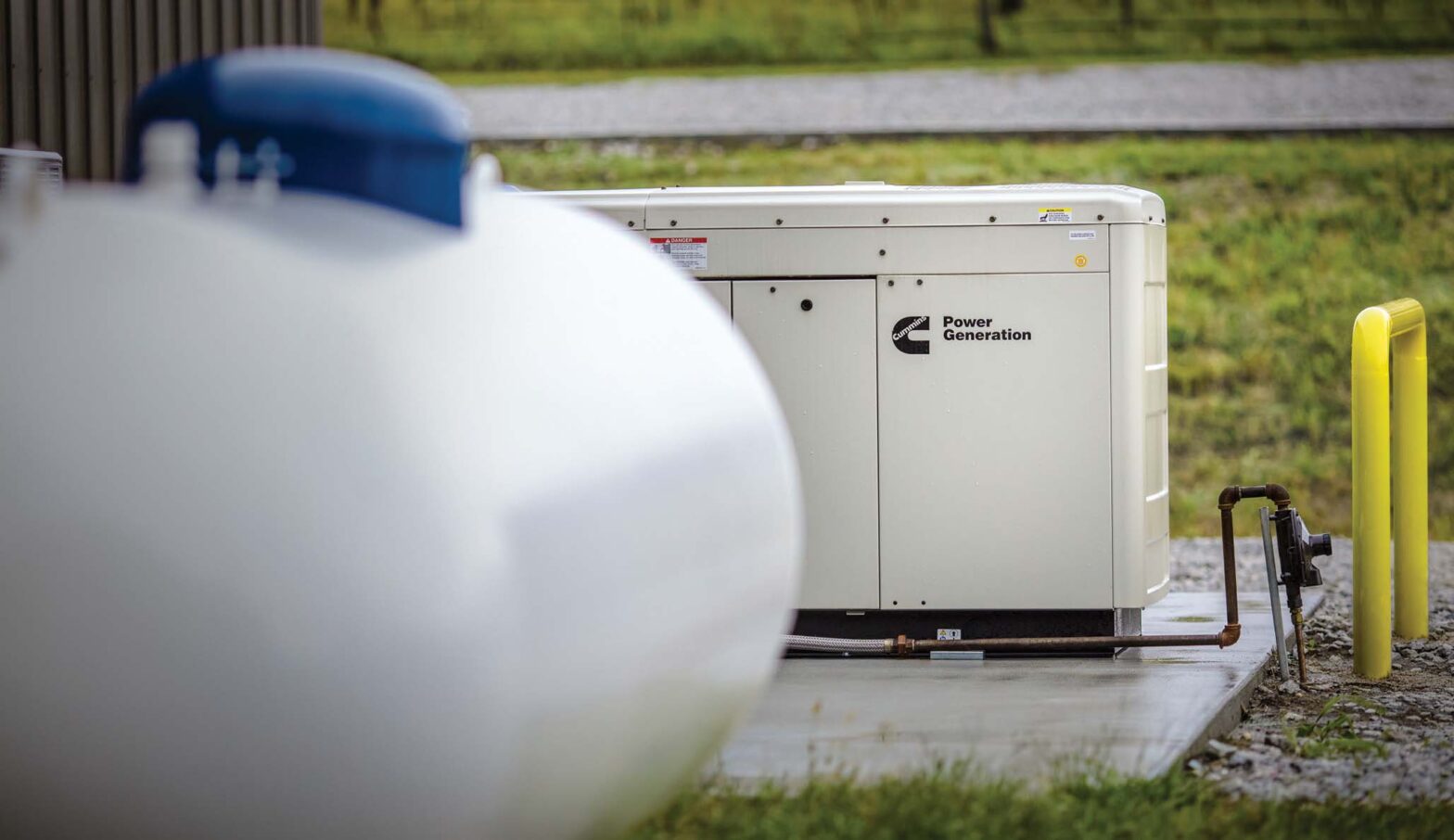


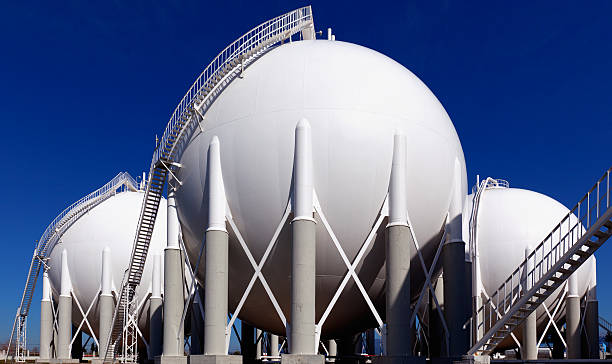

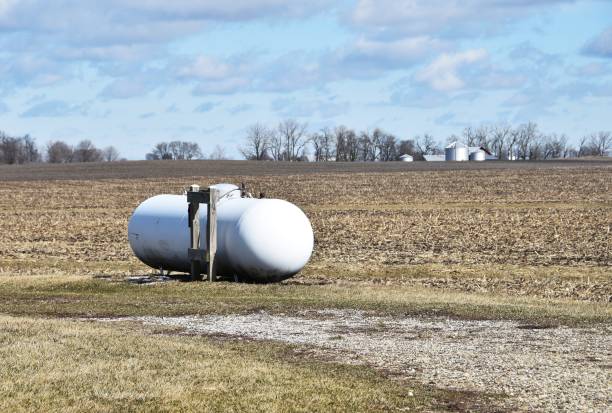

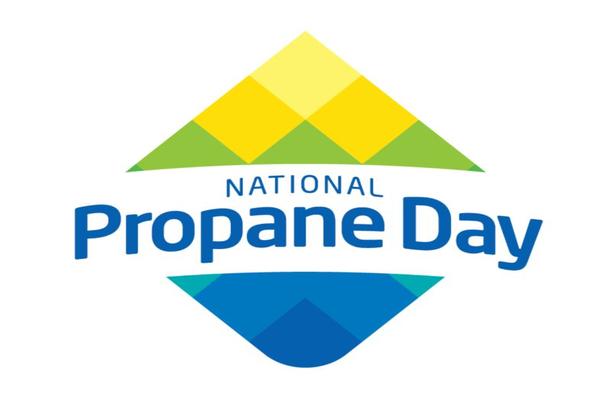
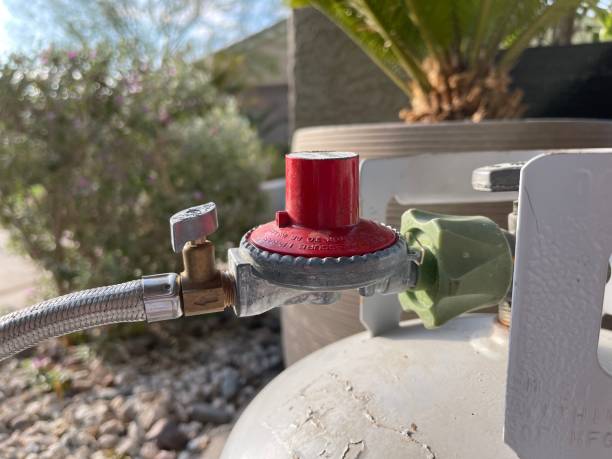





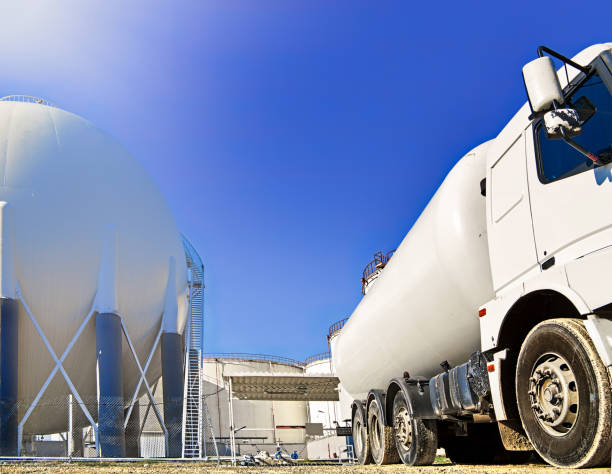
 The opportunity to engage in face-to-face discussions with members and staff of Congress was a long-awaited one, after three years of COVID-19 precautions that made such meetings impossible.
The opportunity to engage in face-to-face discussions with members and staff of Congress was a long-awaited one, after three years of COVID-19 precautions that made such meetings impossible.